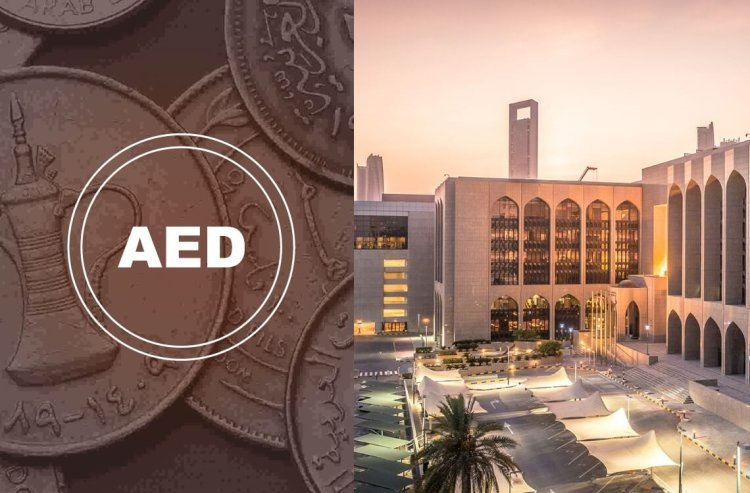UAE Central Bank Grants In-Principle License to First AED Stablecoin Issuer
The UAE Central Bank has granted in-principle approval to AED Stablecoin as the first regulated dirham-pegged stablecoin issuer in the region, signaling a significant step toward broader cryptocurrency adoption amid stringent regulatory frameworks.

UAE Central Bank Grants In-Principle License to First AED Stablecoin Issuer
The Central Bank of the United Arab Emirates (CBUAE) has granted in-principle approval to AED Stablecoin as of October 14. This marks a significant milestone as it establishes AED Stablecoin as the first issuer of a fully regulated dirham-pegged stablecoin in the UAE region. The approval falls under the newly instituted Payment Token Service Regulation framework, which aligns with the UAE government’s Digital Government Strategy 2025 aimed at enhancing digital transformation in the financial sector.
Regulatory Framework Supports AED Stablecoin Launch
The recent licensing framework from the CBUAE restricts the use of cryptocurrencies for payments unless they involve licensed dirham-pegged tokens. The approval of AED Stablecoin addresses these restrictions, signaling a more inclusive approach to cryptocurrency within the UAE. The company is set to launch the AE Coin, a dirham-pegged stablecoin designed to facilitate local trading and serve as a widely accepted payment method for daily transactions within the UAE.
However, while the initial approval is a significant step forward, it does not grant full authority for immediate implementation of its stablecoin plans. The CBUAE’s framework imposes stringent regulations on stablecoins, including a prohibition on algorithmic stablecoins and privacy tokens. It emphasizes the need for issuers to back their stablecoins with cash held in a separate escrow account, denominated in dirhams, at a UAE bank.
Stringent Requirements for Stability and Trust
Issuers of stablecoins must ensure that their tokens are fully cash-backed, maintaining at least 50% of reserve assets in cash, while allowing the remaining portion to be invested in secure instruments like UAE government bonds and CBUAE Monetary Bills. If fully approved, AE Coin could enhance engagement with digital assets for residents and traders while simplifying day-to-day transactions.
Moreover, merchants may start accepting stablecoins for everyday purchases, broadening the acceptance of crypto payments across the UAE. This development could stimulate interest and participation in the cryptocurrency market, fostering a more dynamic economic landscape.
Competitive Landscape and Regulatory Developments
The approval positions AED Stablecoin to compete with established stablecoin providers like Tether, known for issuing USDT, the largest stablecoin by market capitalization. Tether has recently announced partnerships with local firms, Phoenix Group and Green Acorn Investments, to introduce its own dirham-pegged stablecoin, showcasing the rising interest in this market segment.
Additionally, on September 26, Dubai’s Virtual Assets Regulatory Authority (VARA) highlighted new marketing regulations requiring companies promoting virtual asset investments to include disclaimers regarding the volatility and value fluctuations of such assets. VARA CEO Matthew White noted that these regulations aim to ensure responsible service delivery by virtual asset providers, enhancing market transparency and trust.
On October 9, VARA imposed fines on seven businesses for breaching marketing regulations and operating without the required licenses. The fines ranged from 50,000 to 100,000 UAE dirhams (approximately $13,600 to $27,200) for each entity. VARA, in cooperation with other local authorities, is conducting further investigations but has yet to disclose the identities of the sanctioned companies.
Click Here to Visit
What's Your Reaction?
















